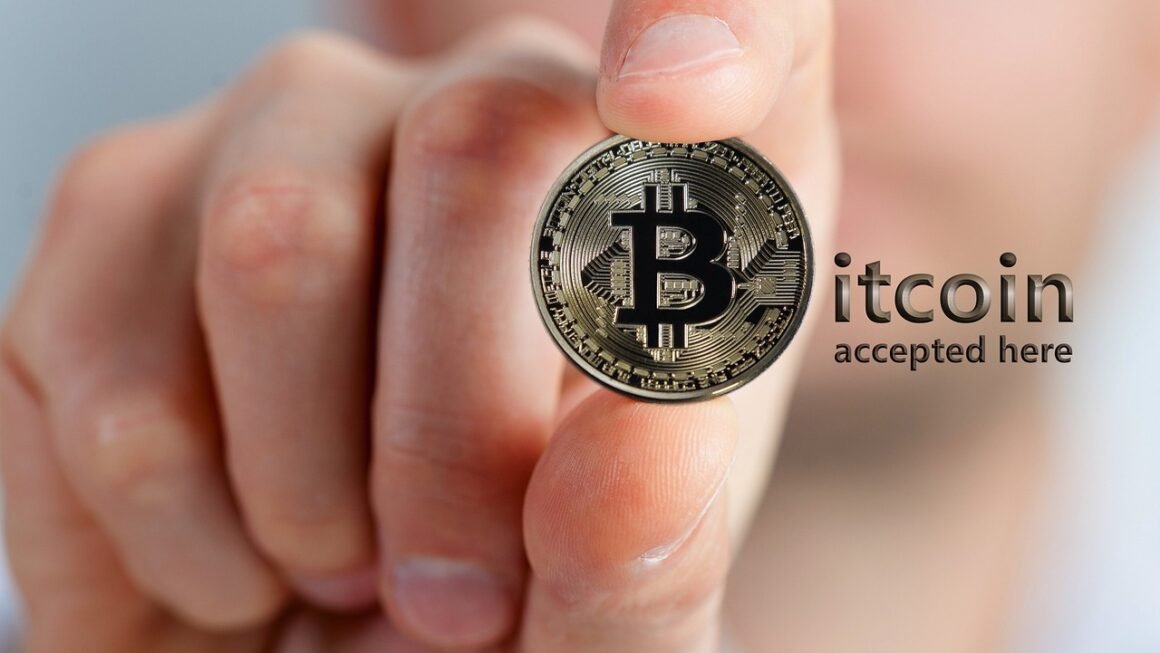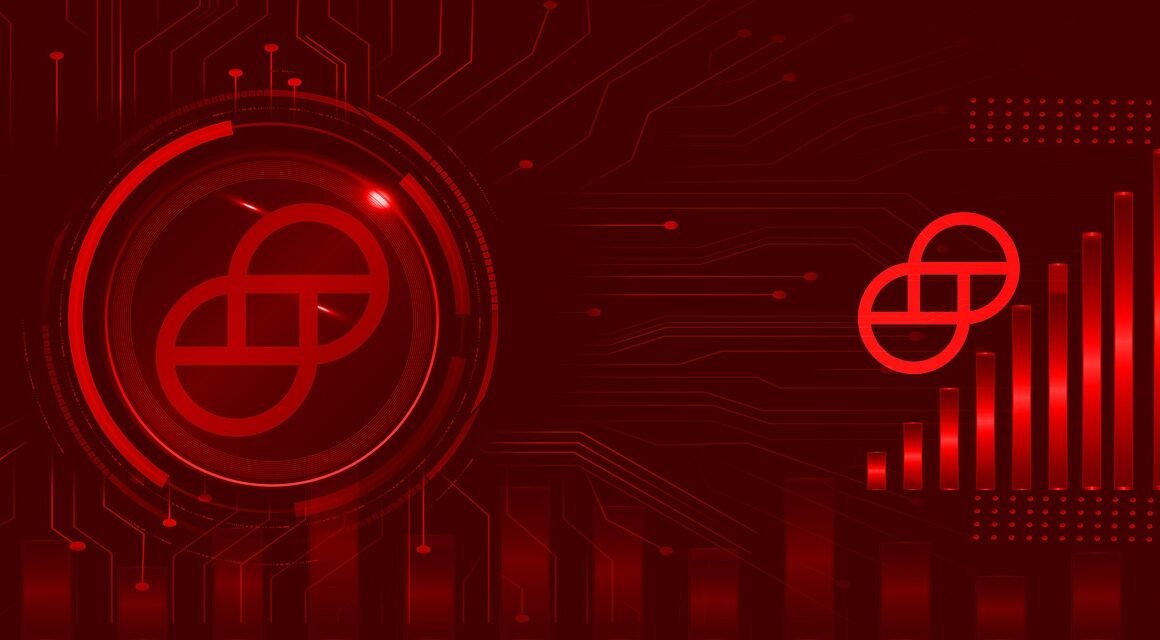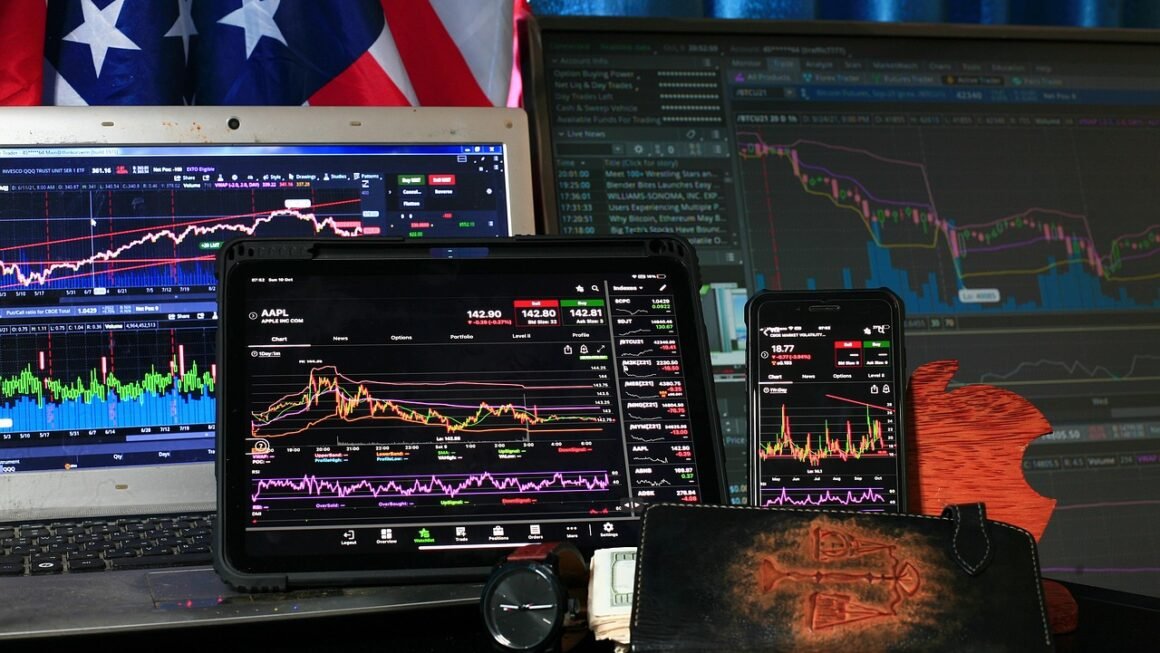Decentralized Autonomous Organizations (DAOs) are revolutionizing how groups organize and manage resources. Imagine a company or community governed by rules encoded in computer programs, where every member has a voice and decisions are transparent and verifiable on a blockchain. This is the promise of DAOs – a new paradigm for collaborative decision-making and resource allocation that is transforming industries from finance to philanthropy. This article will delve into the intricacies of DAOs, exploring their functionality, benefits, challenges, and real-world applications.
What is a DAO?
Defining Decentralized Autonomous Organizations
A Decentralized Autonomous Organization (DAO) is essentially an internet-native entity with a shared bank account, where the rules for spending funds and making other decisions are coded into smart contracts on a blockchain. This code replaces traditional hierarchical structures, creating a more democratic and transparent process. There’s no central authority; instead, the organization is governed by its members through proposals and voting mechanisms.
Key Characteristics of DAOs
- Decentralization: Power is distributed among members, rather than concentrated in the hands of a few individuals.
- Autonomy: The rules are encoded in smart contracts and automatically executed, reducing the need for human intervention.
- Transparency: All transactions and decisions are recorded on the blockchain, making them publicly verifiable.
- Community-Driven: Members collectively decide on the organization’s direction and resource allocation.
How DAOs Work: A Step-by-Step Overview
Benefits of Using a DAO
Increased Transparency and Accountability
- Transparent Transactions: Every transaction is recorded on the blockchain, eliminating opacity and fostering trust among members.
- Auditable Operations: The open-source nature of smart contracts allows for easy auditing of the organization’s operations.
- Reduced Corruption: Automated execution of smart contracts minimizes the potential for human error and corruption.
Enhanced Community Governance
- Direct Participation: Members have a direct say in the organization’s direction through voting.
- Open Proposals: Any member can submit proposals, promoting inclusivity and innovation.
- Democratic Decision-Making: Decisions are made collectively, ensuring that the interests of the community are represented.
Improved Efficiency and Automation
- Automated Processes: Smart contracts automate tasks such as fund distribution and decision execution, reducing administrative overhead.
- Faster Decision-Making: Streamlined voting processes can lead to quicker decision-making compared to traditional organizations.
- Reduced Bureaucracy: Eliminating hierarchical structures simplifies processes and reduces bureaucratic hurdles.
Global Collaboration
- Borderless Participation: DAOs allow individuals from anywhere in the world to participate and contribute.
- Diverse Perspectives: Access to a global talent pool can lead to more innovative and well-rounded decisions.
- 24/7 Operation: DAOs operate continuously, unaffected by geographical boundaries or time zones.
Challenges and Risks of DAOs
Security Vulnerabilities
- Smart Contract Bugs: Smart contracts are susceptible to bugs and vulnerabilities that can be exploited by malicious actors. The infamous DAO hack in 2016 serves as a stark reminder of this risk. It resulted in the loss of millions of dollars worth of Ether due to a flaw in the DAO’s smart contract code.
- Governance Attacks: DAOs can be vulnerable to governance attacks, such as Sybil attacks (where a single entity controls a large number of votes) and 51% attacks (where an attacker controls the majority of the voting power).
- Immutability Issues: Once deployed, smart contracts are generally immutable, meaning that bugs cannot be easily fixed. This can lead to significant risks if vulnerabilities are discovered after deployment.
Regulatory Uncertainty
- Lack of Legal Framework: The legal status of DAOs is unclear in many jurisdictions, creating uncertainty about liability and regulatory compliance.
- Tax Implications: Tax regulations for DAOs are still evolving, and it can be challenging to determine the tax obligations of members and the organization.
- Security Laws: Some DAOs may be classified as investment vehicles or securities under existing laws, subjecting them to regulatory requirements.
Governance Complexity
- Low Participation Rates: Members may not actively participate in voting, leading to decisions being made by a small subset of the community.
- Coordination Challenges: Coordinating actions across a decentralized network can be challenging, especially as the DAO grows in size.
- Decision-Making Stalemates: Disagreements among members can lead to decision-making stalemates, hindering the DAO’s progress.
Scalability Issues
- Blockchain Limitations: Blockchain networks can have limitations in terms of transaction throughput and scalability, affecting the performance of DAOs with high transaction volumes.
- On-Chain Voting Costs: On-chain voting can be expensive, especially on blockchains with high transaction fees. This can discourage participation and limit the frequency of voting.
- Complexity of Scaling: Scaling DAO infrastructure and governance models can be complex and require careful planning.
Examples of DAOs in Action
Decentralized Finance (DeFi)
Many DeFi protocols are governed by DAOs, allowing token holders to participate in decisions regarding protocol upgrades, fee structures, and treasury management. Examples include:
- MakerDAO: Manages the DAI stablecoin and allows MKR token holders to vote on stability fees, collateral types, and other parameters.
- Aave: Allows AAVE token holders to participate in governance decisions related to the lending protocol.
- Compound: Enables COMP token holders to propose and vote on changes to the protocol’s interest rate model and supported assets.
Investment DAOs
These DAOs pool capital from members to invest in various assets, such as NFTs, real estate, or early-stage startups. They offer a way for individuals to collectively participate in investment opportunities that would otherwise be inaccessible. Examples include:
- PleasrDAO: Acquired the original Doge meme NFT and continues to invest in culturally significant digital assets.
- MetaCartel Ventures: An investment DAO that focuses on supporting early-stage Web3 projects.
Social DAOs
These DAOs aim to build online communities and coordinate activities around shared interests, such as art, music, or gaming. They provide a platform for members to collaborate, share resources, and make collective decisions. Examples include:
- Friends With Benefits (FWB): A social DAO that brings together individuals interested in Web3, art, and culture.
- Seed Club: A social DAO that supports and invests in early-stage Web3 communities.
Grant-Giving DAOs
These DAOs allocate funds to projects and initiatives that align with their mission, such as supporting open-source software development or funding scientific research. They offer a transparent and decentralized way to distribute grants and support worthy causes. An example is:
- Gitcoin: A DAO that funds open-source software development through quadratic funding.
Conclusion
Decentralized Autonomous Organizations are poised to transform the way groups operate by offering increased transparency, enhanced community governance, and improved efficiency. However, DAOs also face significant challenges related to security, regulation, governance complexity, and scalability. By understanding both the benefits and the risks, individuals and organizations can make informed decisions about whether to adopt this innovative organizational model. As the DAO landscape continues to evolve, it will be crucial to address these challenges and develop best practices for building secure, sustainable, and effective DAOs. The potential impact of DAOs on various industries and aspects of society is immense, making it an exciting and important area to watch.



